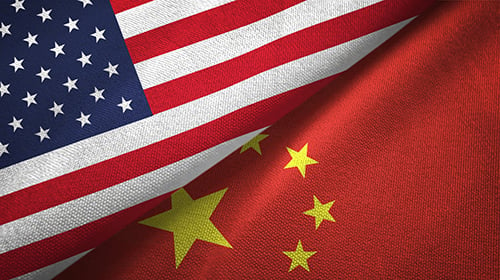
Aug 17 (Reuters) - Electric-vehicle batteries and other car parts are the latest products under scrutiny as part of Washington's effort to stamp out U.S. links to forced labor in Chinese supply chains, according to a document seen by Reuters, agency statistics and sources.
Until now, enforcement of a year-old U.S. law that bans the import of goods made in Xinjiang, China, has focused mainly on solar panels, tomatoes and cotton apparel. But now, components that may include lithium-ion batteries, tires and major automobile raw materials aluminum and steel are increasingly subject to detentions at the border.
Increased inspection of products destined for auto assembly plants by U.S. Customs and Border Protection (CBP) could signal difficult times ahead for automakers who will need solid proof that their supply chains are free of links to a region where the U.S. believes Chinese authorities have established labor camps for Uyghurs and other Muslim minority groups.
Beijing denies any abuses.
More than a year of enforcement of the Uyghur Forced Labor Prevention Act (UFLPA) has already stymied development of solar energy projects as detained panel shipments languish in U.S. warehouses. Installations of large solar energy facilities for utilities dropped 31% last year due to constrained panel supplies, according to the U.S. Solar Energy Industries Association trade group, which has said conditions have improved somewhat this year.


